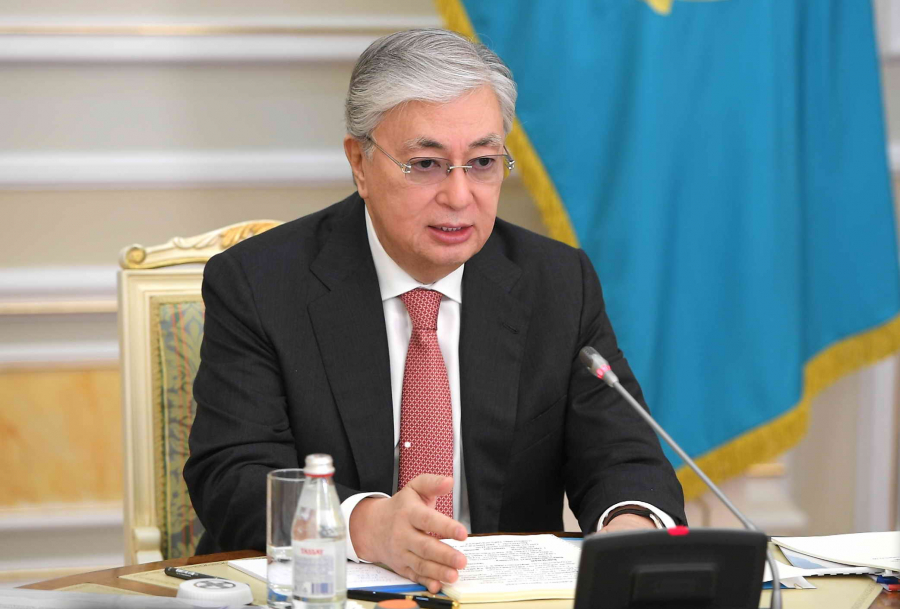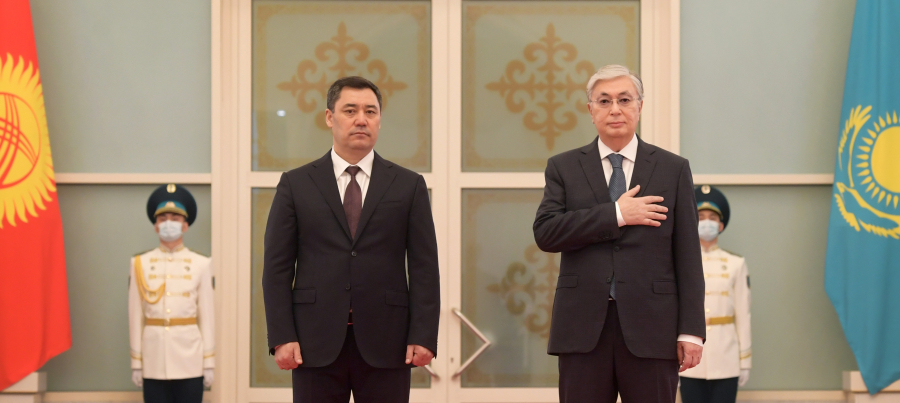
Kazakhstan and Uzbekistan are set to work together on ecological
improvement and environmental protection. Members of the Mazhilis, a Lower
House of the Kazakh Parliament, ratified the corresponding intergovernmental
agreement and sent it to the Senate, an Upper House of the Kazakh Parliament,
for consideration. The document itself was signed in December 2022, when the
two countries agreed to create a special joint Kazakh-Uzbek commission which
will regulate the implementation of the agreement's provisions. This involves
the development of collaborative activities to improve the environmental
situation in the Aral Sea basin and regulations for the exchange of information
on the state of the environment in the border areas of the countries, as well
as the organization of reforestation and combating the degradation of soil and
vegetation cover.
«We have already
introduced a draft law for the agreement ratification, which provides for
cooperation between the two countries on a wide range of issues, including air
pollution. To date, we have the opportunity to work with the neighboring
countries within the SCO framework, namely the Climate Council and Uzbekistan
under this agreement, and with other Central Asian countries under the 1992
agreement. I believe that ratification will further strengthen this work,» said Kazakh Minister of Ecology and
Natural Resources Yerlan Nyssanbayev.
Kazakh Mazhilis considers
draft law on exchange trading issues
A bill on exchange trading was also submitted
to the Mazhilis members for consideration. It was approved in the first
reading. The amendments provide for increasing requirements for financial
stability and transparency of commodity exchanges, particularly, disclosing trade
secrets about participants and transactions after finalizing the results which
will provide Kazakh producers with access to transparent trading tools. Trading
in non-standardized goods, which are used exclusively by subsoil users, will also
be excluded. It is suggested to transfer them to electronic trading platforms.
A number of other amendments were also proposed to the draft law, including the
exclusion of commodity exchanges from the category of micro and small enterprises.
«To date, a total of eight out
of nine exchanges are classified as micro-enterprises, with the turnover on
these exchanges exceeding two trillion tenge per year. Thus, these are
significant economic institutions, with each exchange trading not in millions,
but in billions. Therefore, based on their type of activity, exchanges will no
longer be categorized as micro or small businesses, but will operate in accordance
with the new changes. They will be classified as medium or large businesses,
depending on their profitability,» noted Yekaterina Smyshlyayeva, member of Mazhilis, the Lower
House of the Kazakh Parliament.









